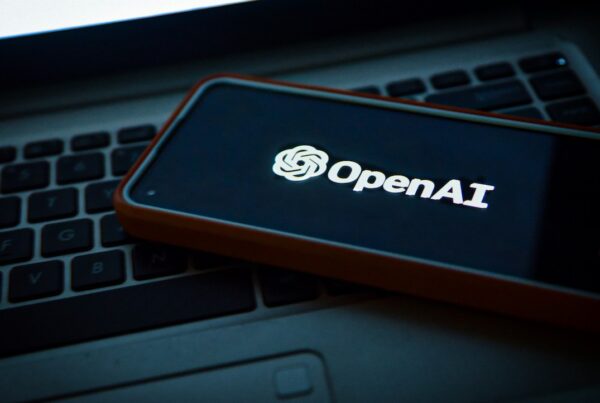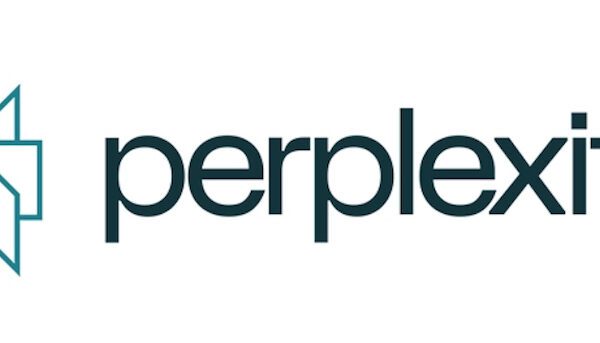
As organizations strive to attract and retain top talent, it’s crucial to recognize the potential of artificial intelligence (AI) in supporting employee mental wellbeing.
Going beyond its role as a productivity tool, there’s untapped potential in AI to support employee mental health in the workplace. But how safe is it to hand over such responsibility to AI? And when should human intervention take place?
In the modern workplace, mental health has gained significant recognition for its importance. Employers now understand that the wellbeing of their employees extends beyond physical health. Mental health plays a crucial role in overall productivity, engagement, and success. For the newest generation entering the workforce today, mental health support is a must, not a nice to have.
Prioritizing mental health in the workplace is essential because it directly impacts employee wellbeing and happiness. A positive and supportive work environment that promotes mental wellbeing fosters a sense of belonging, reduces stress levels, and improves job satisfaction.
The role of AI in workplace mental wellbeing
AI-powered solutions, such as virtual assistants, have the potential to revolutionize mental wellbeing support in the workplace. However, there are currently no tools dedicated to mental health support. While there are anecdotal instances of people using the likes of ChatGPT for support, the tool isn’t designed for such use cases. As such, there is a need for generative AI capabilities to be utilized in a considered way to ensure appropriate measures are in place to enhance the user experience.
The challenge in creating an AI-enabled assistant for mental health support lies in ensuring that it is designed by individuals who possess a deep understanding of the intricacies of therapy and coaching practices. Developing an AI-powered assistant that can effectively provide support, guidance, and empathy requires a comprehensive knowledge of psychological principles and therapeutic techniques.
To create an AI-enabled assistant that can engage in meaningful and effective conversations, developers must work closely with clinicians who have a profound understanding of various therapeutic techniques. This includes Cognitive Behavioral Therapy (CBT), which is widely recognized as an effective treatment for a range of mental health concerns.
This understanding enables the AI-powered assistant to follow evidence-based practices and techniques that promote positive change and empower users to overcome challenges.
Building an AI assistant dedicated to mental wellbeing
With these challenges in mind, I could see an opportunity to develop an AI-assisted tool specifically designed for mental wellbeing. Not only this, but a mental health support tool that could be deployed in the workplace, bringing the benefits of AI that leverages therapeutic best practices to employees and employers alike.
As part of this process, I set the following requirements for such an AI-enabled assistant:
- Ethical guidelines: Align AI systems with internationally recognised ethical guidelines for psychological practice to ensure user privacy, data protection, and confidentiality.
- Compliance: Follow relevant data protection and privacy laws to safeguard user data and maintain transparency in data collection and usage.
- Robust algorithm design: Develop AI algorithms that prioritise user wellbeing and avoid biases that could perpetuate harm or discrimination.
- Human oversight: Establish clear protocols for when AI should hand over to human professionals, such as during critical or complex mental health situations.
Following months of work, the result was EMMA, an artificial intelligence-powered virtual assistant for mental health and personal growth support.
Harnessing the power of Azure Cognitive Services and generative AI, combined with our own advanced sentiment analysis, EMMA provides immediate always-on support, encouragement, and guidance for a range of mental health concerns and personal development goals, through text-based conversations.
Attracting and retaining talent with AI-powered mental wellbeing
This development is great news for employees, but how can it help with the recruitment process? Well, I believe organisations that prioritise employee wellbeing and leverage innovative solutions like AI can differentiate themselves in the talent market.
Prospective employees are increasingly seeking employers that genuinely care about their mental health. So, highlighting the availability of AI-powered mental wellbeing support during the recruitment process can showcase an organisation’s commitment to employee wellness, attracting top talent who value a supportive work environment.
AI-enabled tools can also play a pivotal role in fostering a positive work culture that promotes employee wellbeing. By offering constant support, guidance, and resources, AI-powered assistants create an environment where employees feel valued, supported, and understood. This can contribute to increased job satisfaction, engagement, and loyalty, ultimately reducing turnover and enhancing the overall work experience.
Of course, addressing mental wellbeing concerns through AI-enabled support can significantly impact employee performance and productivity. When employees feel supported and access resources that enhance their mental wellbeing, they are better equipped to manage stress, maintain focus, and bring their best selves to work. This, in turn, helps to improve individual and team productivity, leading to better overall organizational performance.
AI-enabled tools truly offer significant potential for supporting employee mental wellbeing in the workplace, making it valuable for talent attraction and retention. By embracing the role of AI as a tool for human enhancement, organizations can create workplaces where individuals thrive and reach their full potential.
By Asim Amin, Founder and CEO of Plumm.





